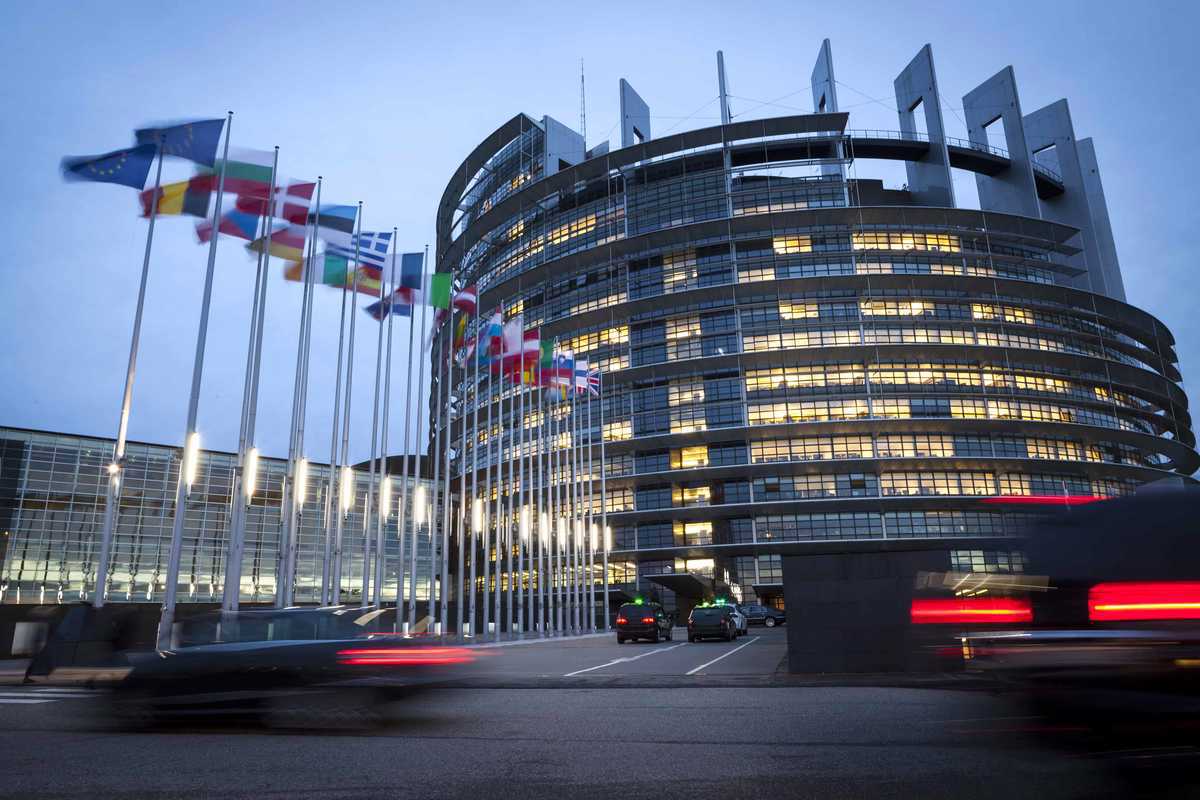EU reaches provisional agreement on reducing methane emissions from energy sector
The European Parliament and Council have reached a provisional agreement on a regulation that aims to track and reduce methane emissions in the energy sector.
 PHOTO: The European Parliament building in Strasbourg, France. Getty Images
PHOTO: The European Parliament building in Strasbourg, France. Getty Images
Methane's impact as a greenhouse gas is significant, with a global warming potential 84 times greater than carbon dioxide over 20 years and 28 times more potent over 100 years, the European Commission stated.
Methane has contributed to about 30% of global warming since pre-industrial times and is currently increasing at a faster rate than at any other time since the 1980s, according to the United Nations Environment Programme (UNEP).
This proposed regulation states that companies in the oil, gas, and coal sectors to “measure, report and verify methane emissions, as well as put in place mitigation measures to avoid such emissions, including detecting and repairing methane leaks and limiting venting and flaring,” the Council said.
The regulation will further put forward international monitoring tools that will ensure transparency on methane emissions from oil, gas, and coal imports into the EU, the Council added. It aims to reduce methane emissions from both the EU energy sector and the EU's energy supply chain.
The European Parliament and Council have outlined a three-phase plan to reduce methane emissions from the EU's energy supply chain. The first phase focuses on collecting data and developing a tool to monitor global methane emissions. Additionally, it involves establishing a rapid-response system to monitor major methane emitters.
In the second and third phases of implementation of this proposed law, oil and gas exporters to the EU will be required to follow specific rules designed to monitor, report, and verify their methane emissions and submit them by 1 January 2027, and meet maximum methane intensity levels by 2030.
“The competent authorities of each member state will have the power to impose administrative penalties if these provisions are not respected,” the Council further added.
- Monitoring methane emissions
The two institutions have provided specific deadlines for monitoring and reporting methane emissions from the region's energy sector.
Oil and gas operators within the EU will have to submit these compliance reports to authorities within specific periods, the Council said. For example, operators will need to submit a quantification of source-level methane emissions within 18 months from the entry into the force of this regulation.
- Leak detection and repair
The new regulation will require oil and gas operators to repair or replace damages “immediately after detection of a leak, or as soon as possible for a first attempt but no later than five days and 30 days,” the Council said.
The requirement of adopting advanced technologies to eliminate routine venting and flaring and repairing leaks to reduce methane emissions during fossil fuel production and curb global greenhouse gas (GHG) emissions is growing increasingly important in today’s day and age.
Venting and flaring refers to the practice of intentionally releasing methane gas into the atmosphere during the production and processing of fossil fuels, such as oil and natural gas. Venting involves releasing methane directly into the air, while flaring involves burning off the methane.
By eliminating routine venting and flaring, companies can prevent the release of methane, which is a potent greenhouse gas.
“The aim of leak detection and repair surveys is to identify sources of methane leaks, including other unintentional methane emissions, and to repair or replace the relevant components,” the Council further added.
“Reducing methane emissions will help us to achieve EU´s climate goals,” Teresa Ribera Rodríguez, acting Spanish third vice-president of the government and minister for the ecological transition and the demographic challenge said.
The provisional agreement will now need formal approval from the European Parliament and Council before it can be adopted as a regulation in Europe.
By Aparupa Mazumder
Please get in touch with comments or additional info to news@engine.online





